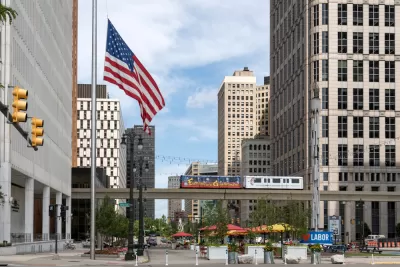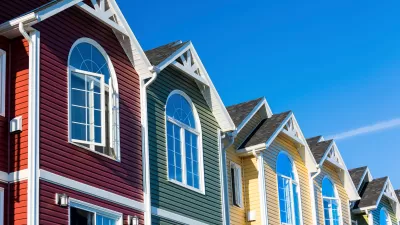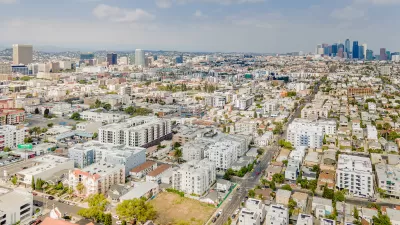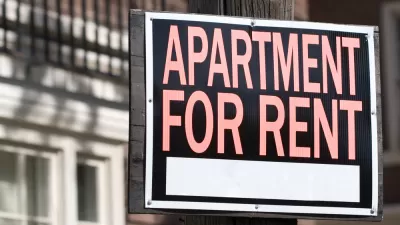A bill signed by the state's governor, Gretchen Whitmer, allocates billions in federal and state funding to water quality, roads and dams, broadband, and other infrastructure projects.

"Gov. Gretchen Whitmer signed a bill in Grand Rapids on Wednesday that uses billions of dollars in federal funds to improve state drinking water, sewers, parks, roads, dams and internet service, while helping renters and homeowners financially harmed by the COVID-19 pandemic," according to an article by Paul Egan in the Detroit Free Press.
The $4.7 billion bill relies largely on federal funding, with $572 coming from the state's general fund.
Egan details the projects funded by the bill, including $1.8 billion allocated to drinking water quality projects, as well as:
- "Nearly $383 million in emergency rental assistance to support low-income renters who have experienced financial hardship as a result of the COVID-19 pandemic."
- "Nearly $317 million for road and bridge projects, of which about $238 million is for state projects and $79 million is for local ones."
- "Just over $250 million to improve high-speed broadband service in underserved areas."
- "$250 million to improve and maintain state parks, recreation areas, and state-designated trails around the state, plus another $200 million for local parks and trails in Detroit, Grand Rapids and northern Michigan."
Of the nearly $5 billion in total investment, the bill includes just $66.2 million for public transportation projects.
FULL STORY: Whitmer signs $4.7 billion bill to improve Michigan infrastructure, housing security

Study: Maui’s Plan to Convert Vacation Rentals to Long-Term Housing Could Cause Nearly $1 Billion Economic Loss
The plan would reduce visitor accommodation by 25,% resulting in 1,900 jobs lost.

North Texas Transit Leaders Tout Benefits of TOD for Growing Region
At a summit focused on transit-oriented development, policymakers discussed how North Texas’ expanded light rail system can serve as a tool for economic growth.

Why Should We Subsidize Public Transportation?
Many public transit agencies face financial stress due to rising costs, declining fare revenue, and declining subsidies. Transit advocates must provide a strong business case for increasing public transit funding.

How to Make US Trains Faster
Changes to boarding platforms and a switch to electric trains could improve U.S. passenger rail service without the added cost of high-speed rail.

Columbia’s Revitalized ‘Loop’ Is a Hub for Local Entrepreneurs
A focus on small businesses is helping a commercial corridor in Columbia, Missouri thrive.

Invasive Insect Threatens Minnesota’s Ash Forests
The Emerald Ash Borer is a rapidly spreading invasive pest threatening Minnesota’s ash trees, and homeowners are encouraged to plant diverse replacement species, avoid moving ash firewood, and monitor for signs of infestation.
Urban Design for Planners 1: Software Tools
This six-course series explores essential urban design concepts using open source software and equips planners with the tools they need to participate fully in the urban design process.
Planning for Universal Design
Learn the tools for implementing Universal Design in planning regulations.
City of Santa Clarita
Ascent Environmental
Institute for Housing and Urban Development Studies (IHS)
City of Grandview
Harvard GSD Executive Education
Toledo-Lucas County Plan Commissions
Salt Lake City
NYU Wagner Graduate School of Public Service





























